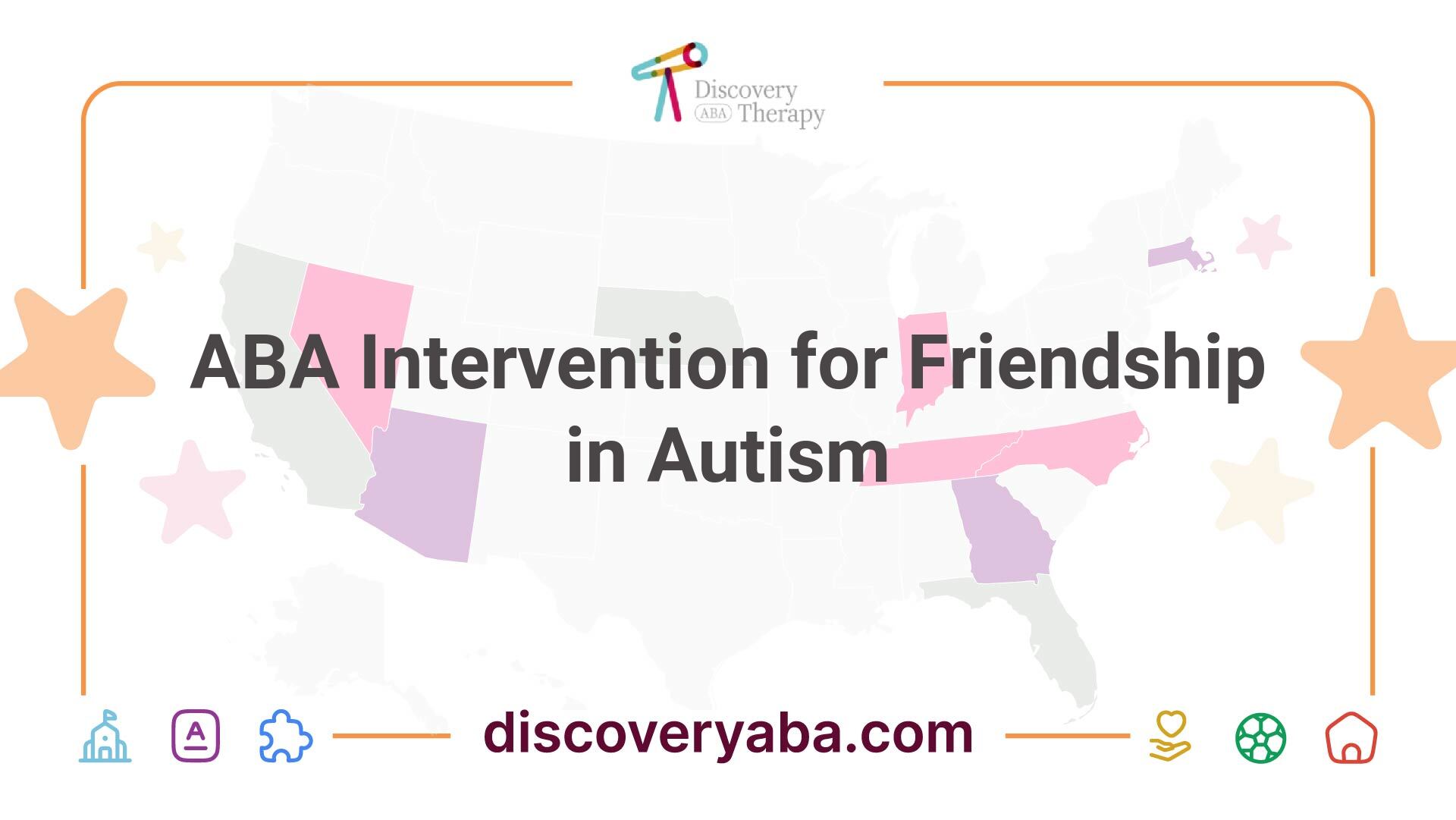A Guide on Becoming a Behavioral Therapist for Autism
Discover how to become a behavioral therapist for autism. Unleash your potential to empower change and transform lives.
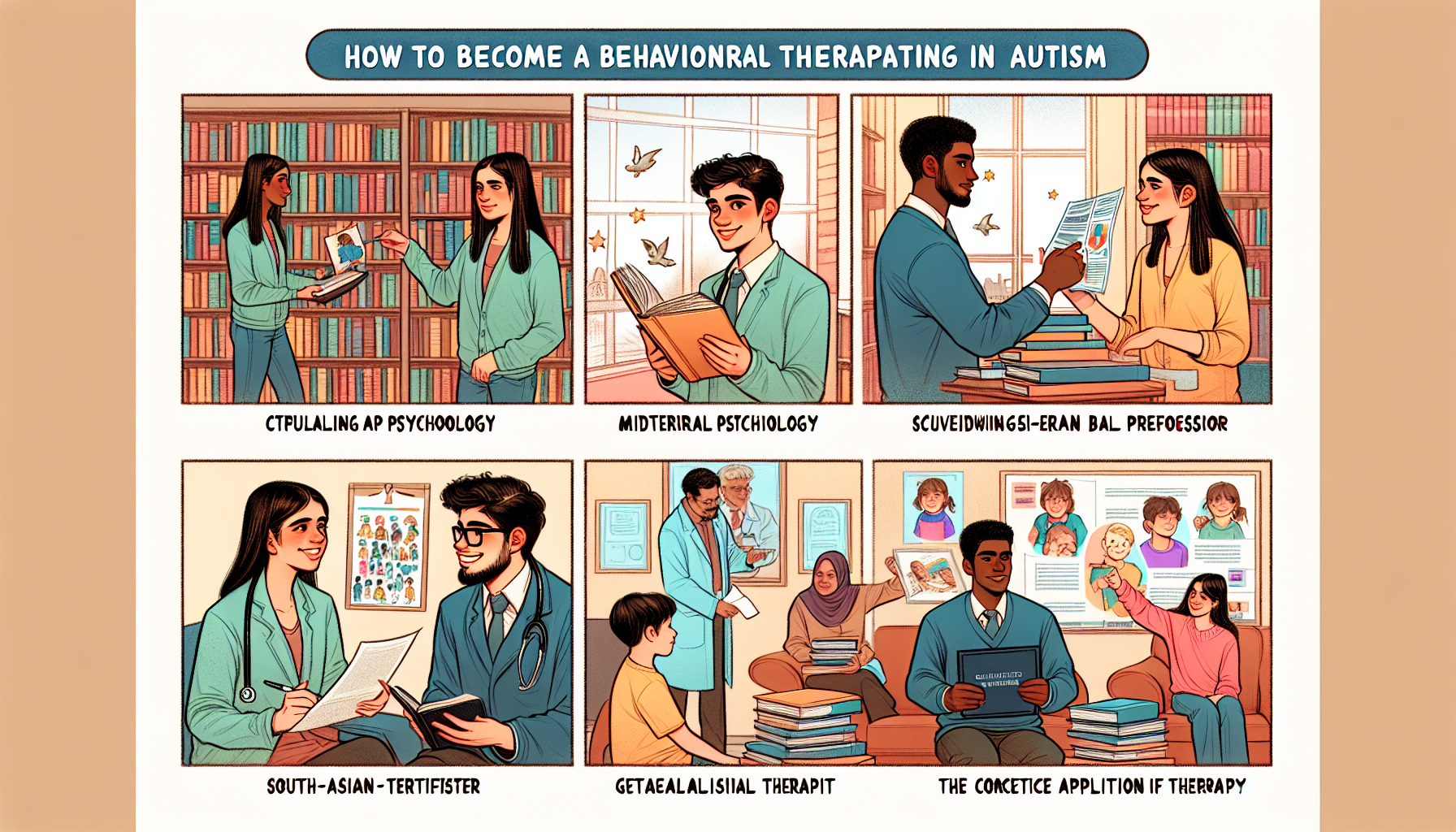
Path to Becoming a Behavioral Therapist
In order to become a behavioral therapist specializing in working with individuals with autism, a specific educational and certification path needs to be followed. This section will explore the key components of this path, including an understanding of Applied Behavior Analysis (ABA) and the educational requirements.
Understanding Applied Behavior Analysis
Applied Behavior Analysis (ABA) serves as the foundation for behavioral therapy for autism. It is a scientific approach that focuses on using behavior principles to bring about positive changes in behavior. ABA therapists apply evidence-based techniques to teach new skills, reduce problematic behaviors, and enhance social interactions.
By understanding the principles of behaviorism, ABA therapists can effectively analyze and modify behavior. This includes identifying antecedents (triggers) and consequences that influence behavior, and implementing strategies to promote positive behavior change.
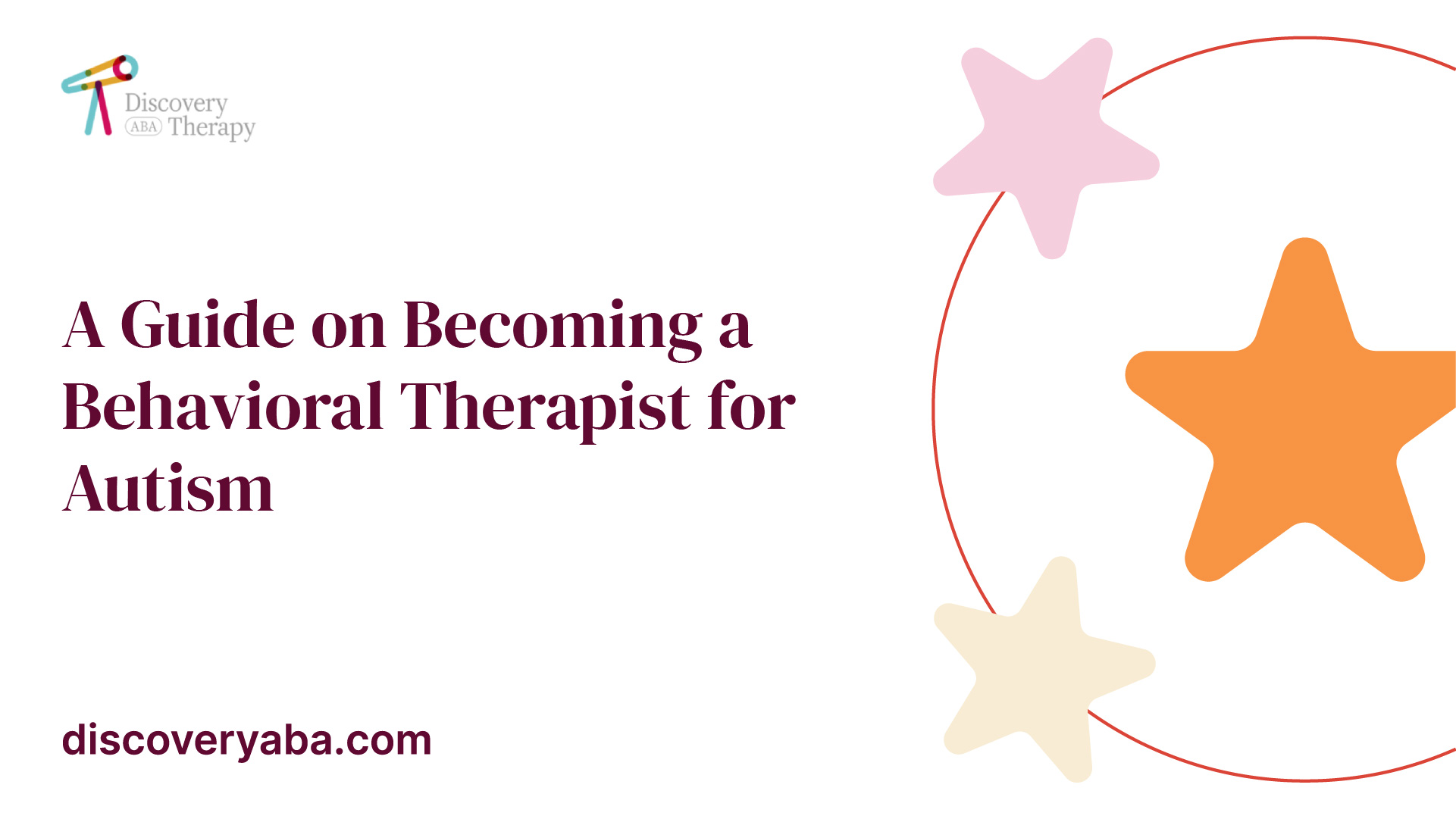
Educational Requirements
To embark on the path to becoming a behavioral therapist for autism, a bachelor's degree in psychology, education, or a related field is typically required. Psychology degrees are especially beneficial as they provide a strong foundation in the principles of behaviorism, which is the basis of ABA therapy.
While a bachelor's degree provides a solid foundation, most positions and state licensure requirements mandate graduate-level education. Pursuing a master's degree in Applied Behavior Analysis (ABA) or a related field is often necessary. Programs accredited by the Association for Behavior Analysis International (ABAI) are advisable to ensure the curriculum meets the highest standards of the profession [2].
The completion of a master's degree equips aspiring behavioral therapists with the necessary knowledge and skills to assess and design behavior intervention plans tailored specifically to individuals with autism.
To become a certified ABA therapist, individuals need to complete a certification program approved by the Behavior Analyst Certification Board (BACB). The BACB offers two levels of certification: Registered Behavior Technician (RBT) and Board Certified Behavior Analyst (BCBA). The RBT certification requires a high school diploma or equivalent, completion of a 40-hour training program, and passing an exam. The BCBA certification requires a master's degree in psychology or a related field, completion of a BACB-approved course sequence, supervised experience, and passing an exam.
By meeting the educational requirements and obtaining the necessary certifications, aspiring behavioral therapists can lay the groundwork for a rewarding career in helping individuals with autism thrive and reach their full potential.
Certification and Specialization
Becoming a certified behavioral therapist specializing in autism requires obtaining specific certifications and specializations. These credentials demonstrate a high level of expertise and competence in working with individuals on the autism spectrum. Two prominent certifications in this field are the Certified Autism Specialist and the Board Certified Behavior Analyst.
Certified Autism Specialist
The Certified Autism Specialist (CAS) certification offers actionable autism training for professionals, equipping them with the skills and knowledge necessary to improve outcomes for individuals with Autism Spectrum Disorder (ASD). The certification covers various competencies, including behavior modification, early childhood identification, program development, comorbidities, and parent communication.
By obtaining the CAS certification, professionals gain increased opportunities in schools, enhanced credibility among parents and peers, and improved effectiveness in working with individuals with ASD. This certification demonstrates a commitment to meeting high standards of accountability and equips service providers to better fulfill the diverse needs of the growing population with autism.
Board Certified Behavior Analyst
Another significant certification in the field of behavioral therapy for autism is the Board Certified Behavior Analyst (BCBA). This certification is granted by the Behavior Analyst Certification Board (BACB) and requires a master's degree in behavior analysis or a related field.
The BCBA certification signifies expertise in the application of behavior analysis principles to address behavioral challenges and promote positive changes in individuals with autism. BCBA-certified professionals are trained to conduct assessments, develop behavior intervention plans, and provide behavior analytic services to individuals with autism and their families.
Obtaining the BCBA certification involves meeting specific coursework requirements, completing supervised fieldwork hours, and passing a comprehensive examination. This certification is widely recognized and valued in the field of autism therapy, opening up opportunities for career advancement and specialization.
By pursuing these certifications, professionals in the field of behavioral therapy for autism can enhance their skills, gain credibility, and demonstrate their commitment to providing effective interventions for individuals with autism. These certifications not only validate expertise but also contribute to improving outcomes and making a positive impact on the lives of individuals with autism and their families.
Essential Skills and Traits
To become a successful behavioral therapist for autism, there are several essential skills and traits that are necessary for success in this field. These qualities not only contribute to the effectiveness of therapy but also help in building strong relationships with individuals on the autism spectrum and their families.
Communication and Empathy
Effective communication is a crucial skill for behavioral therapists working with individuals with autism. It involves not only conveying information clearly but also actively listening and understanding the needs and perspectives of the individuals they are working with. Being able to communicate in a clear, concise, and compassionate manner helps to establish trust and create a positive therapeutic environment.
Empathy is another key trait that is vital for behavioral therapists. Individuals with autism may face challenges in expressing their emotions and understanding social cues. By putting themselves in the shoes of the individuals they are working with, therapists can better understand their experiences, emotions, and needs. This understanding allows therapists to tailor their approach and interventions to meet the unique requirements of each individual.
Problem-Solving Abilities
Behavioral therapists need strong problem-solving abilities to address the specific challenges faced by individuals with autism. Each individual may present with different behaviors or difficulties, requiring therapists to think critically and develop effective strategies to promote positive behavior change. Problem-solving skills involve analyzing situations, identifying triggers for challenging behaviors, and developing appropriate interventions to address these behaviors.
Therapists must be adaptable and flexible in their problem-solving approach, as what works for one individual may not work for another. They should also possess the ability to evaluate the effectiveness of interventions and make adjustments as needed. By continuously assessing and refining their strategies, therapists can help individuals with autism achieve their goals and reach their full potential.
In addition to these skills and traits, behavioral therapists should possess qualities like patience, compassion, and a genuine desire to help individuals with autism thrive. Continuous learning and professional development are also essential to stay up-to-date with the latest research and best practices in the field.
By combining effective communication, empathy, problem-solving abilities, and a passion for helping individuals with autism, behavioral therapists can make a positive impact on the lives of those they work with. The core ethical principles of respect, dignity, privacy, and self-determination also guide therapists in providing ethical and effective care [4].
Practical Experience
To become a behavioral therapist for autism, acquiring practical experience through field placements and supervised fieldwork hours is crucial. These opportunities allow aspiring therapists to apply their knowledge, develop skills, and gain a deeper understanding of the profession. Field placements and supervised fieldwork hours provide valuable real-world experiences, helping students navigate the challenges and reap the rewards of working with individuals on the autism spectrum.
Field Placements
Field placements are practical opportunities for students to demonstrate vocational program standards, develop technical skills, observe the ethical application of behavioral principles and techniques, and complete placements in Applied Behavior Analysis (ABA) or Intensive Behavioral Intervention (IBI) programs for children with Autism Spectrum Disorder (ASD). During field placements, students work in supervised settings under the guidance of experienced professionals, allowing them to gain hands-on experience and observe the practical application of behavioral therapy techniques.
Field placements provide a unique opportunity to work directly with individuals on the autism spectrum, implementing behavior plans and interventions to support their development and address specific behavioral challenges. These placements also offer valuable insights into the diverse needs of individuals with autism and allow students to develop their skills in tailoring interventions to meet individual requirements.
Supervised Fieldwork Hours
Supervised fieldwork hours are a requirement set by the Behavior Analyst Certification Board (BACB) for individuals pursuing certification as Board Certified Behavior Analysts (BCBAs®). Prospective BCBAs® are often required to complete between 1,500 and 2,000 hours of supervised fieldwork [2]. These hours provide an opportunity for aspiring therapists to apply their knowledge and skills under the guidance and supervision of experienced professionals.
Supervised fieldwork hours serve as a platform for students to gain practical experience, refine their techniques, and deepen their understanding of the field. Through these hours, students have the chance to work directly with individuals with autism, implement behavior intervention plans, collect data, and analyze progress. The supervision ensures that students receive guidance, feedback, and mentorship from experienced practitioners, allowing them to grow and develop as behavioral therapists.
By completing field placements and supervised fieldwork hours, aspiring behavioral therapists for autism can bridge the gap between theory and practice. These experiences provide invaluable opportunities to apply learned principles, develop essential skills, and build confidence and competence in working with individuals on the autism spectrum.
ABA Therapy Techniques
In the field of behavioral therapy for autism, Applied Behavior Analysis (ABA) is a widely recognized and effective approach. ABA therapy utilizes various therapeutic approaches to target specific behaviors and teach individuals skills to change their behavior. These approaches involve breaking down challenging behaviors into smaller, manageable steps, using techniques like positive reinforcement and data collection to help individuals develop essential life skills, improve communication, and reduce challenging behaviors.
Therapeutic Approaches
ABA therapists employ a range of therapeutic approaches to address the unique needs of individuals with autism. Some common therapeutic approaches used in ABA therapy include:
- Aversion Therapy: This approach involves associating a challenging behavior with an unpleasant consequence to reduce its occurrence.
- Cognitive-Behavioral Therapy (CBT): CBT helps individuals identify and modify negative thoughts and behaviors, promoting positive behavioral change.
- Classical Conditioning Interventions: Classical conditioning interventions pair a neutral stimulus with a desired behavior to elicit a positive response.
- Operant Conditioning Interventions: Operant conditioning interventions focus on shaping behavior through positive reinforcement and consequences.
- Systematic Desensitization: This approach gradually exposes individuals to anxiety-provoking situations, helping them overcome their fears through a step-by-step process.
By utilizing these therapeutic approaches, ABA therapists create personalized intervention plans to target specific behaviors and promote positive change.
Positive Reinforcement
Positive reinforcement is a fundamental technique utilized in ABA therapy for autism. It involves providing rewards or incentives to encourage and increase desired behaviors. Positive reinforcement can be delivered in various forms, such as verbal praise, tokens, treats, or access to preferred activities.
The goal of positive reinforcement is to strengthen positive behaviors and motivate individuals to continue engaging in them. By focusing on reinforcing desired behaviors, ABA therapists can help individuals with autism develop new skills, improve communication, and reduce challenging behaviors. The use of positive reinforcement is based on the principle that individuals are more likely to repeat behaviors that are followed by positive consequences.
ABA therapists carefully observe and analyze behaviors, identifying opportunities to provide timely and meaningful positive reinforcement. This helps individuals with autism understand the connection between their actions and the positive outcomes they experience, increasing the likelihood of continued progress and success.
By employing therapeutic approaches and utilizing positive reinforcement techniques, ABA therapists play a vital role in helping individuals with autism develop essential skills, improve their quality of life, and reach their full potential.
Career Development and Salary
Becoming a behavioral therapist for autism requires continuous career development and education. Advancing your education and obtaining relevant certifications can open up opportunities for professional growth and higher salaries. In this section, we will explore the importance of advanced degrees and discuss job prospects and salaries in the field.
Advanced Degrees
Earning an advanced degree in Applied Behavior Analysis (ABA) can equip individuals with the skills and knowledge necessary to assist patients dealing with autism spectrum disorder, addiction, mental health issues, and other conditions. Pursuing a master's or doctoral degree in ABA provides a deeper understanding of behavioral theories, research methodologies, and practical applications.
By obtaining an advanced degree, individuals can enhance their expertise in developing and implementing effective behavior modification strategies. This can lead to increased responsibility and leadership opportunities within the field of behavioral therapy for autism.
Job Prospects and Salaries
Job prospects for behavioral therapists specializing in autism are expected to be favorable. As the demand for autism services continues to rise, there is a growing need for qualified professionals in this field. Board-Certified Behavior Analysts® (BCBAs) are particularly sought after for their specialized knowledge and expertise in managing behavior concerns such as autism spectrum disorder, ADHD, addiction, and substance abuse issues.
As of 2021, BCBAs have a median annual salary of $67,000. However, it's important to note that salaries can vary depending on factors such as years of experience, level of education, geographic location, and work setting.
In addition to BCBAs, clinical supervisors play a crucial role in the field of behavioral therapy. They lead a team of licensed or certified practitioners in a clinical setting, reviewing client records, assessing treatment plans, and managing their team in various healthcare settings. As of 2021, clinical supervisors have a median annual salary of $59,058.
It's worth noting that salaries can increase with experience and additional certifications or specialization. As you progress in your career as a behavioral therapist for autism, consider pursuing professional development opportunities and staying updated with the latest research and advancements in the field.
Continued education, specialization, and gaining practical experience through supervised fieldwork can contribute to career advancement and higher earning potential. By staying committed to professional growth and staying informed about industry trends, you can empower yourself to make a meaningful impact in the lives of individuals with autism spectrum disorder.
References
- https://www.ncbi.nlm.nih.gov/pmc/articles/PMC6061115/
- https://www.webmd.com/mental-health/what-is-applied-behavior-analysis
- https://www.ncbi.nlm.nih.gov/pmc/articles/PMC6269398/
- https://pubmed.ncbi.nlm.nih.gov/29083709/
- https://www.ncbi.nlm.nih.gov/pmc/articles/PMC2223177/
- https://www.healthline.com/health/behavioral-therapy
Find More Articles
Contact us
North Carolina, Tennessee, Nevada, New Jersey, Utah, Virginia
New Hampshire, Maine
Massachusetts, Indiana, Arizona, Georgia
.avif)





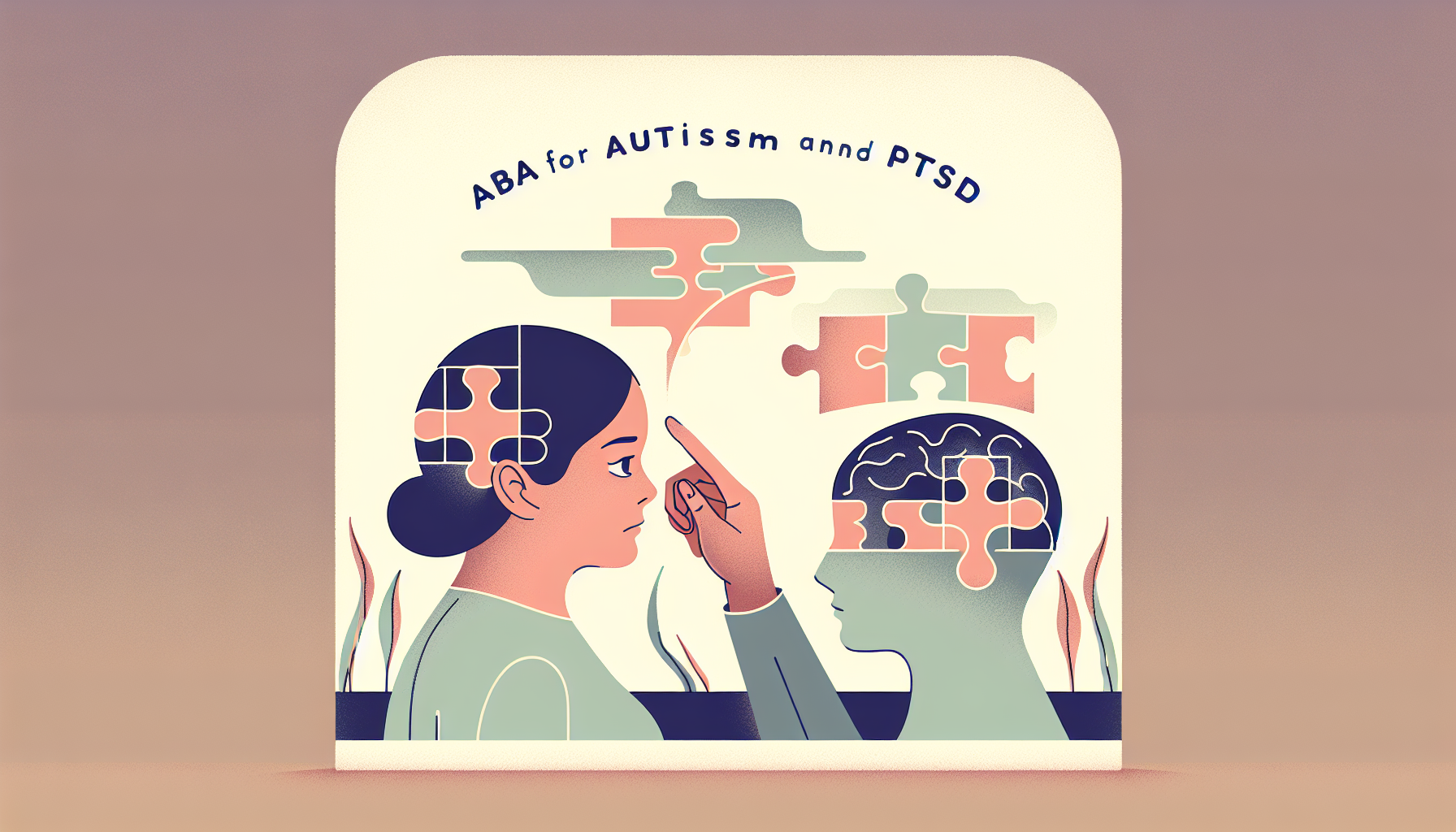

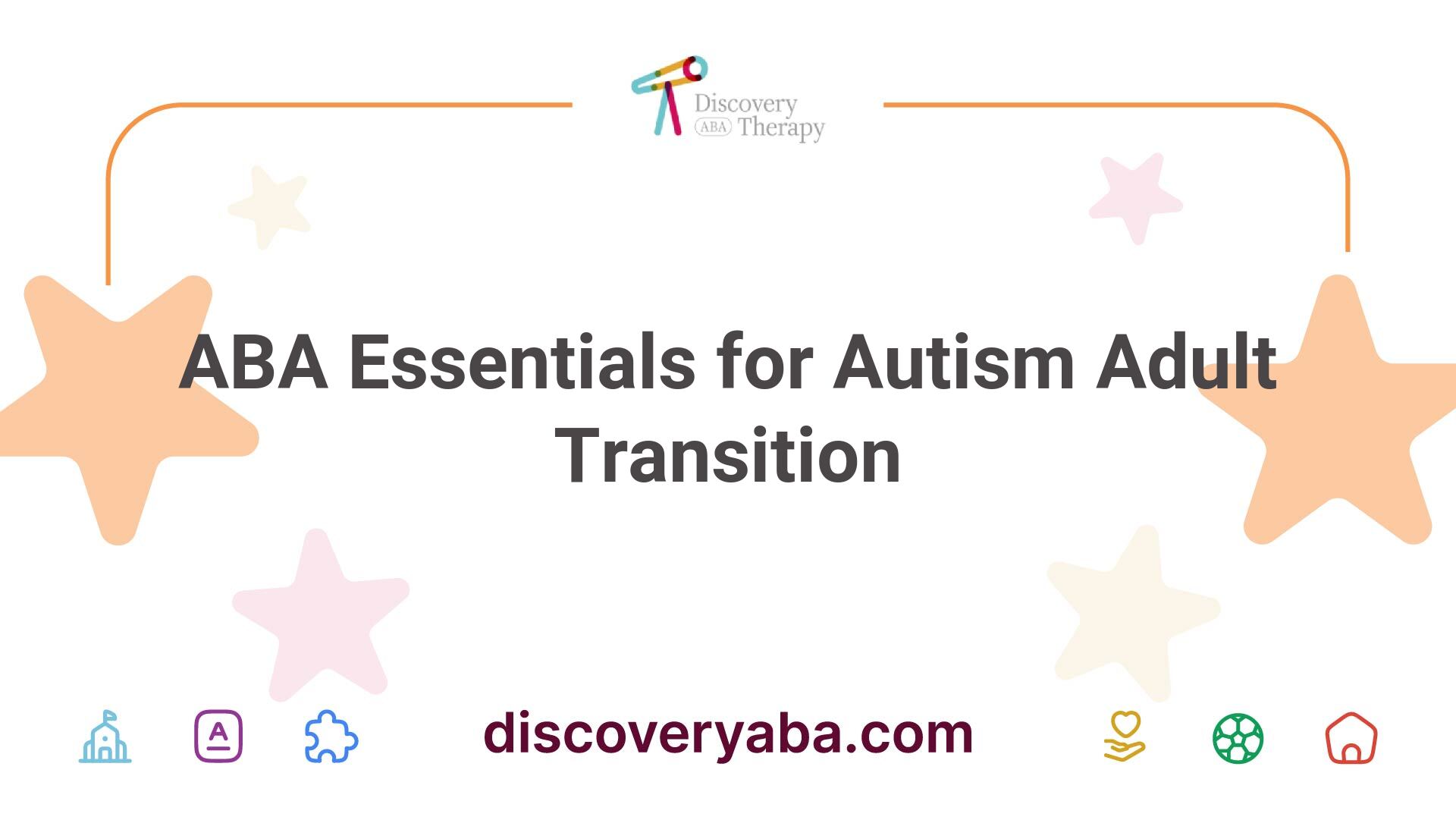





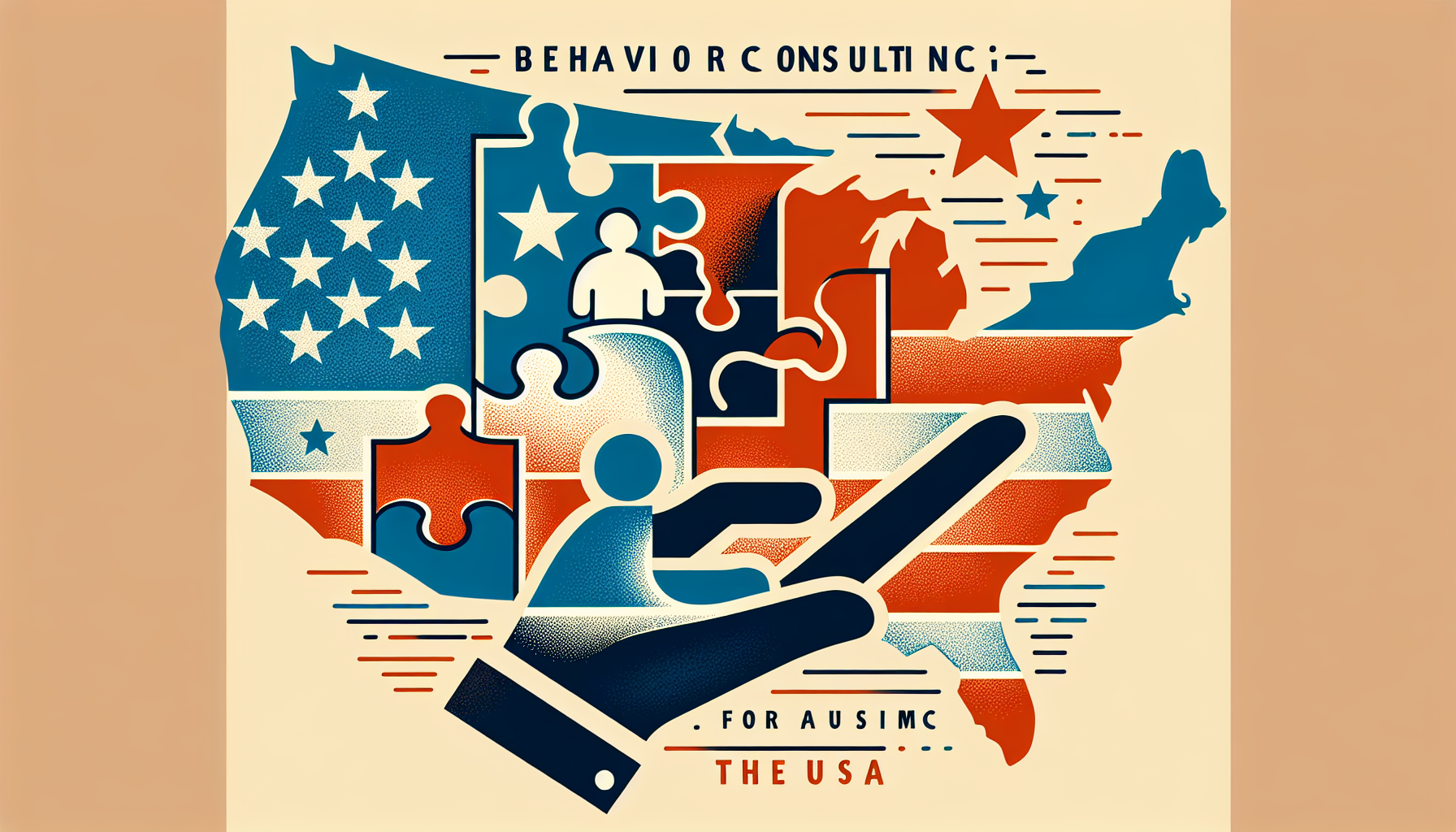



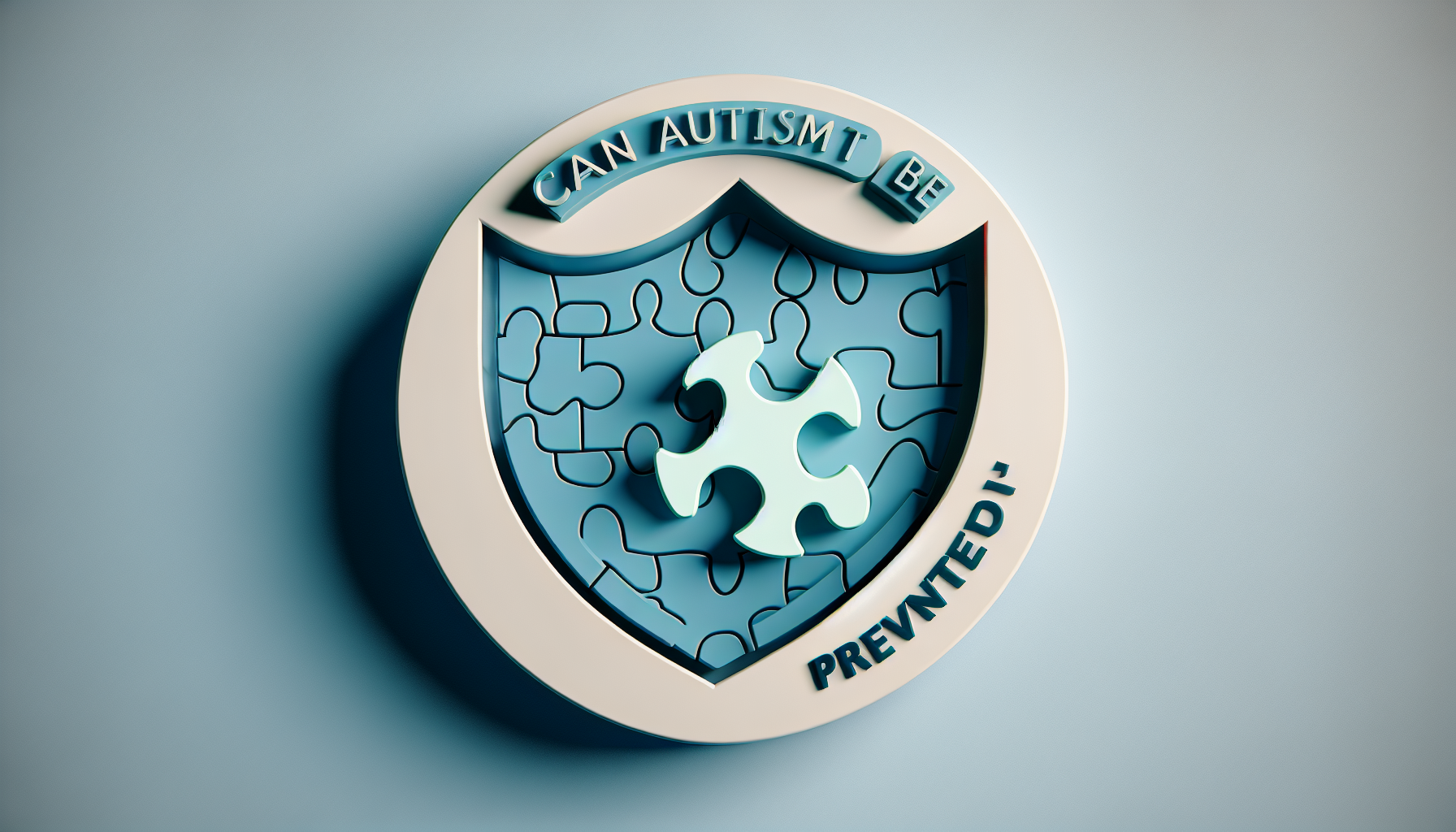






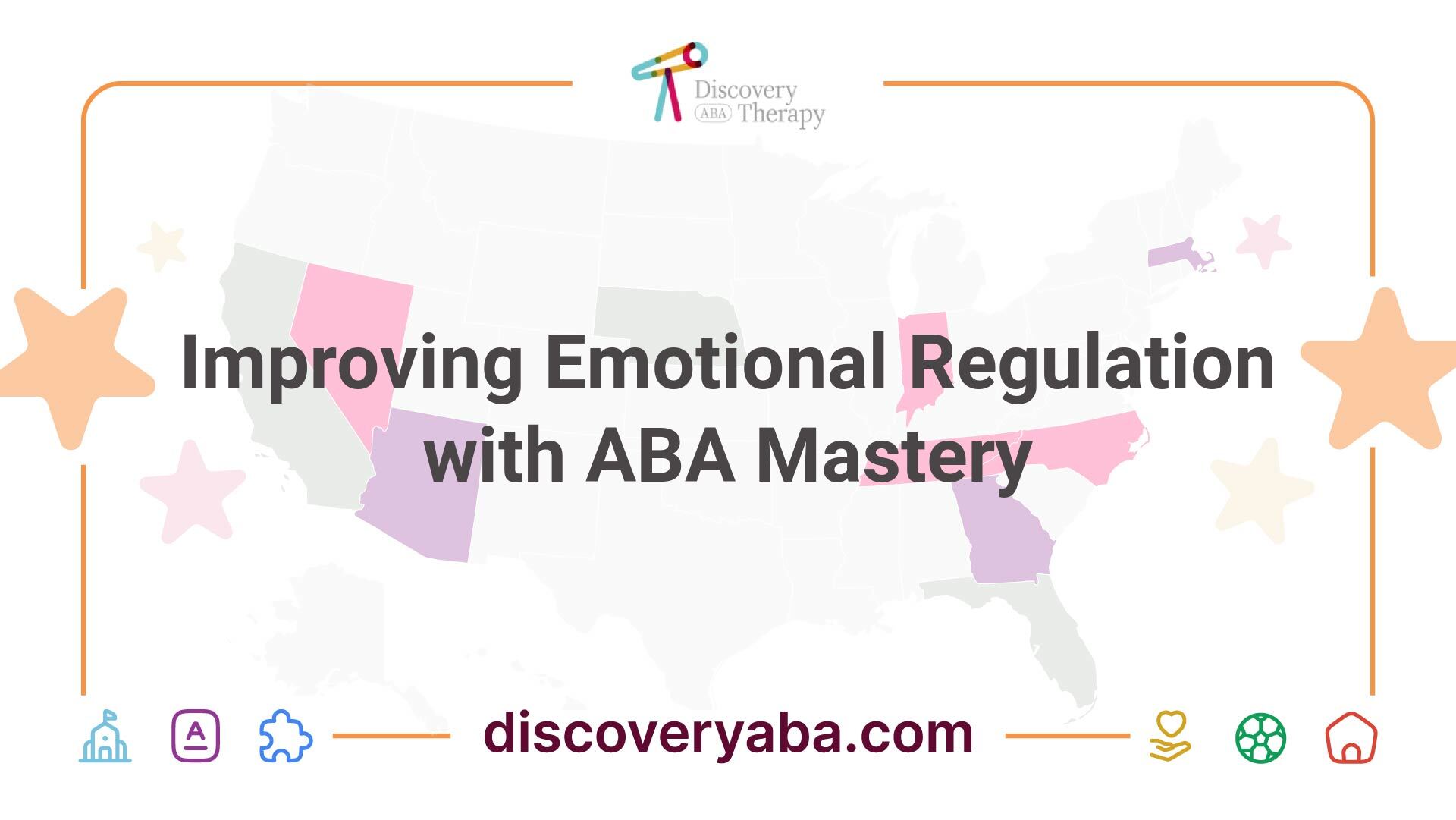




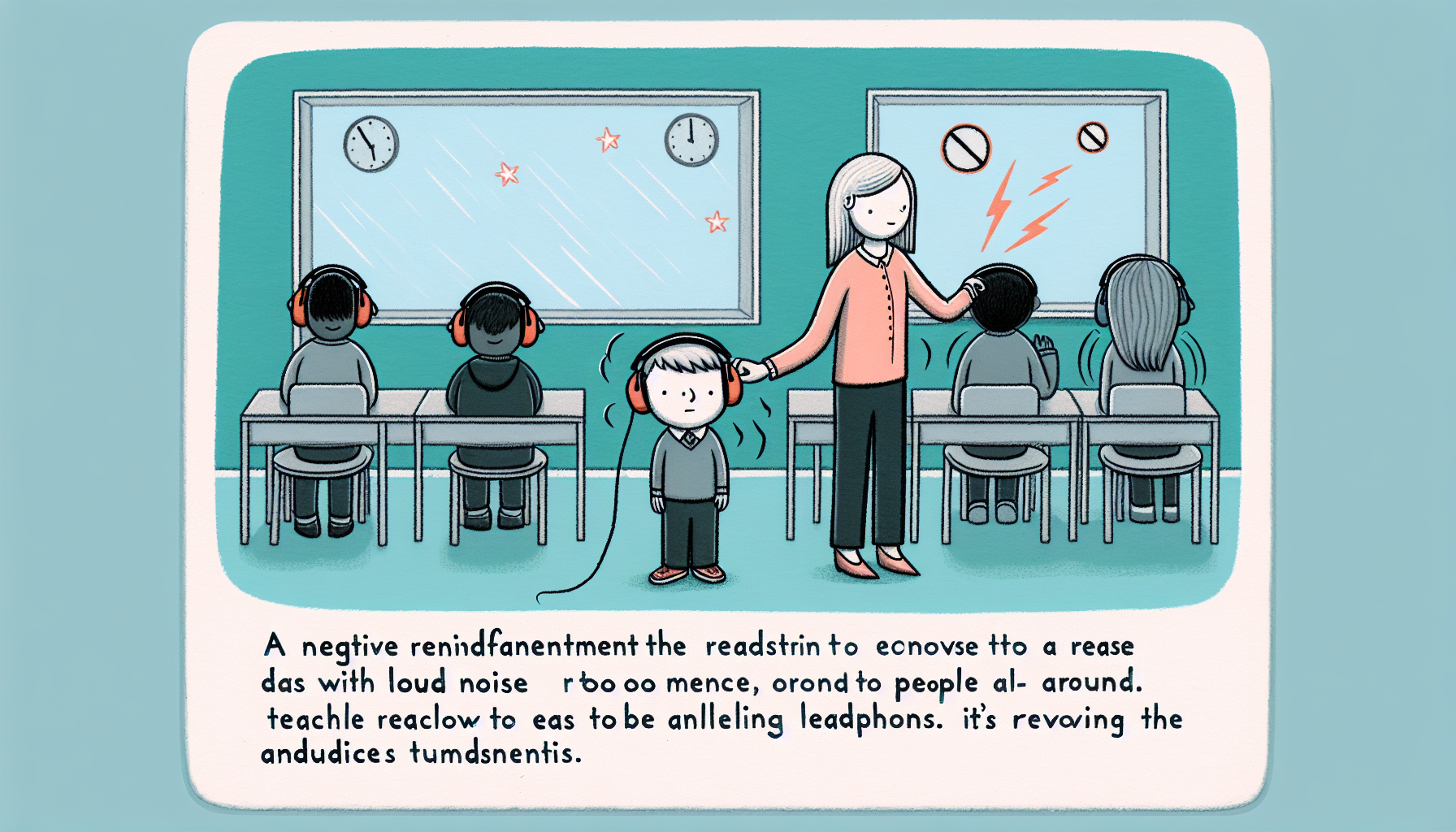
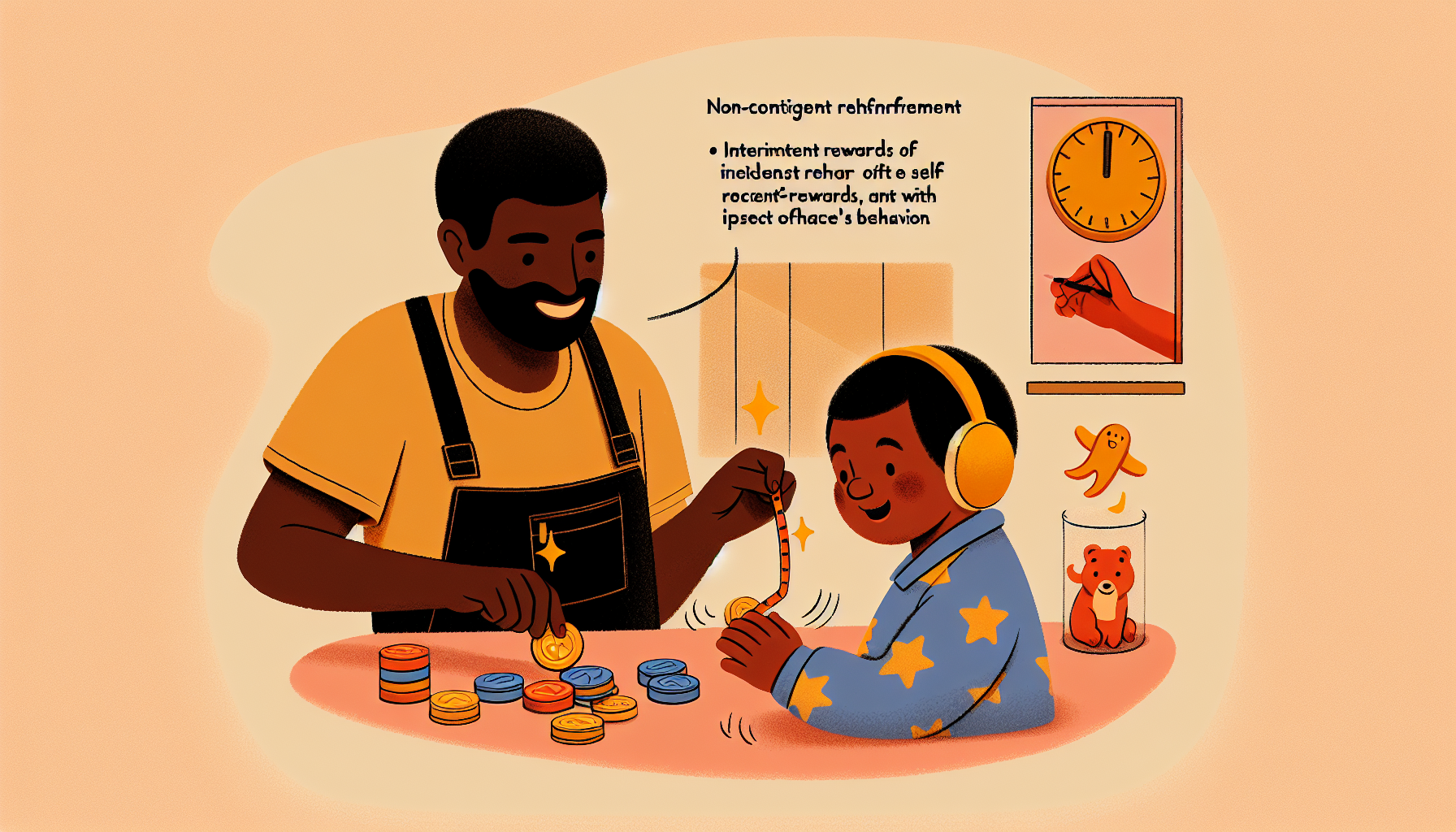
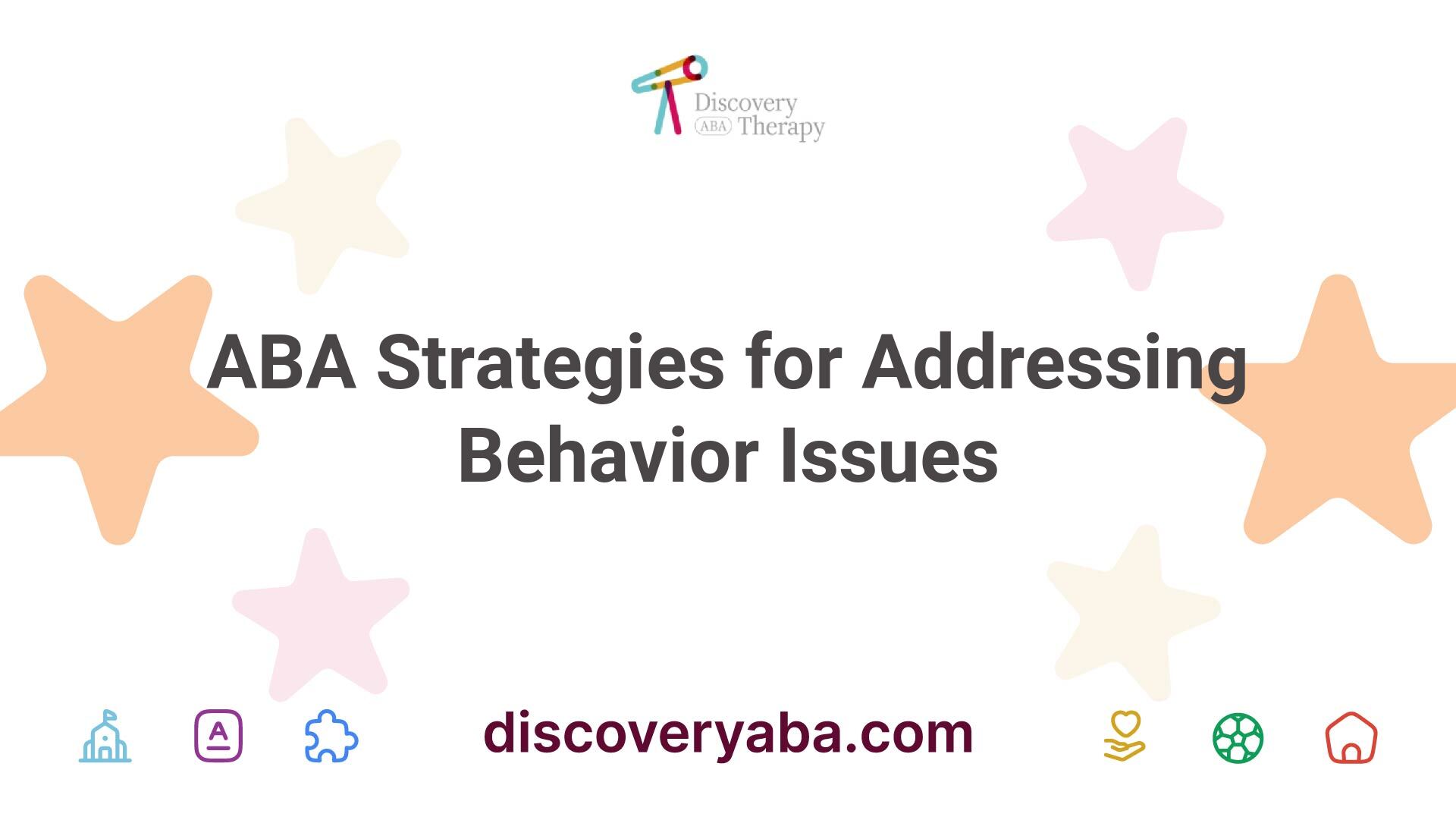











.jpeg)


























